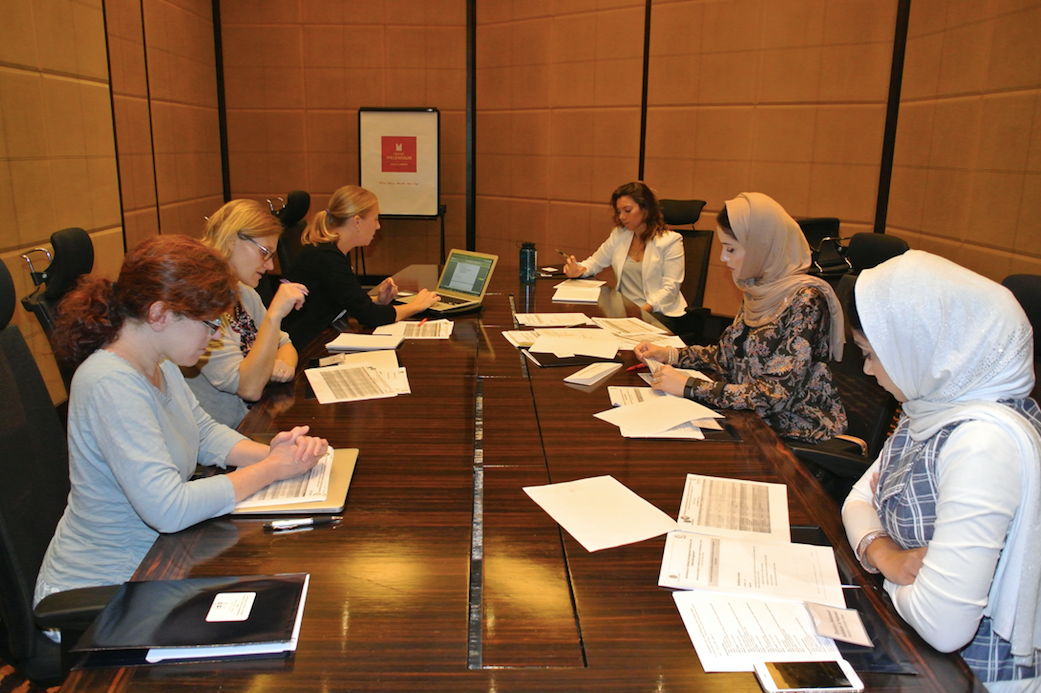Training
The training materials and programs developed previously by the ERG Foundation in partnership with professional organizations continue to be made available at no cost to members and affiliates of those organizations. The ERG Program and its partners have developed technical and leadership courses in areas such as:
- Developing occupational health/ clinical medicine programs for prevention and response in biological and/or zoonotic exposures;
- Skills-building in leadership and communication for biosafety professionals and other research managers;
- Hands-on training in biosafety and biorisk management for laboratory professionals and biosafety officers.

The BEAMS Project
In efforts to make the world safe and secure from global health threats posed by infectious diseases, the ERGRP Biorisk Engagement and Management Solutions Team (BEAMSTM) develops programs that are innovative, effective and efficient. Each core program developed is purposefully designed to be adaptive and reproducible across multiple geographic locations. ERGRP BEAMS professionals have experience in all areas of biosafety both human health and animal health and are recognized internationally for the expertise in Biorisk Management. They utilize an engaging approach to work with local champions in seeking solutions that are local, practical and sustainable. Our programs are designed to demonstrate effectiveness both to the recipients and the global donor community.
We strongly support initiatives that seek to improve health and safety for human and animal populations without regard to geography, politics or culture.
The Program fundamentally holds that all practitioners, facilities, organizations and ministries engaged in the handling of biological agents have a duty of care to themselves and to others. Using Biorisk Management philosophies and strategies to measure and mitigate risks, we believe that programs must seek, develop and deliver biorisk management strategies that address five critical issues following the Plan-Do-Check-Act (PDCA) pathway for quality programs. The five critical issues are:
- Accuracy of information – Plan
- Ability to respond responsibly and securely – Do
- Reasonableness of solution for the environment where applied – Plan-Check-Act
- Likelihood of sustainability – Plan-Act
- Assessment of effectiveness – Check-Act


